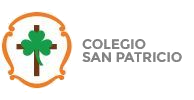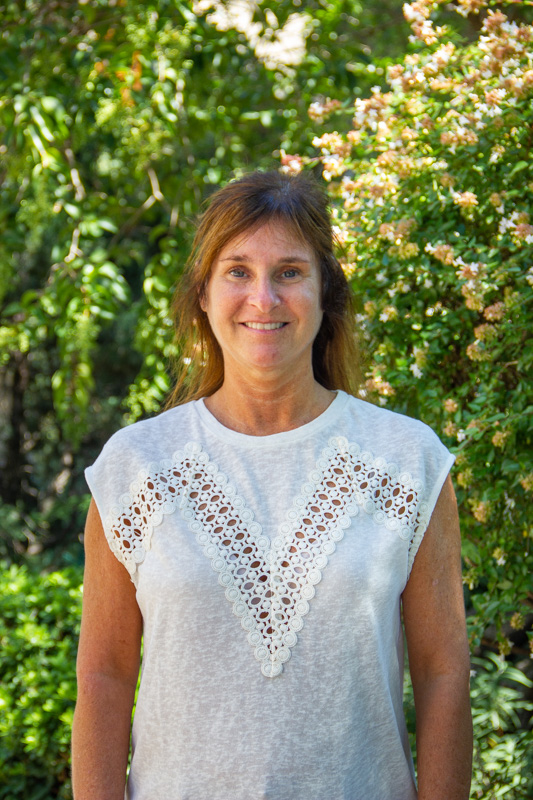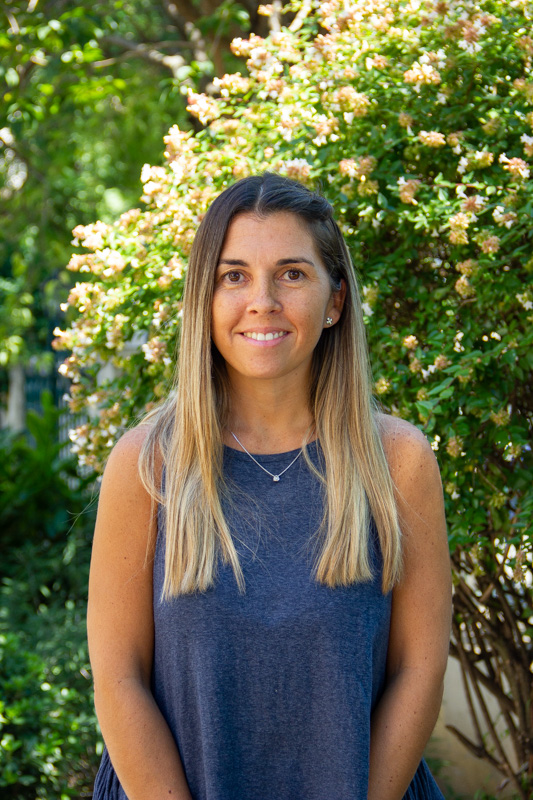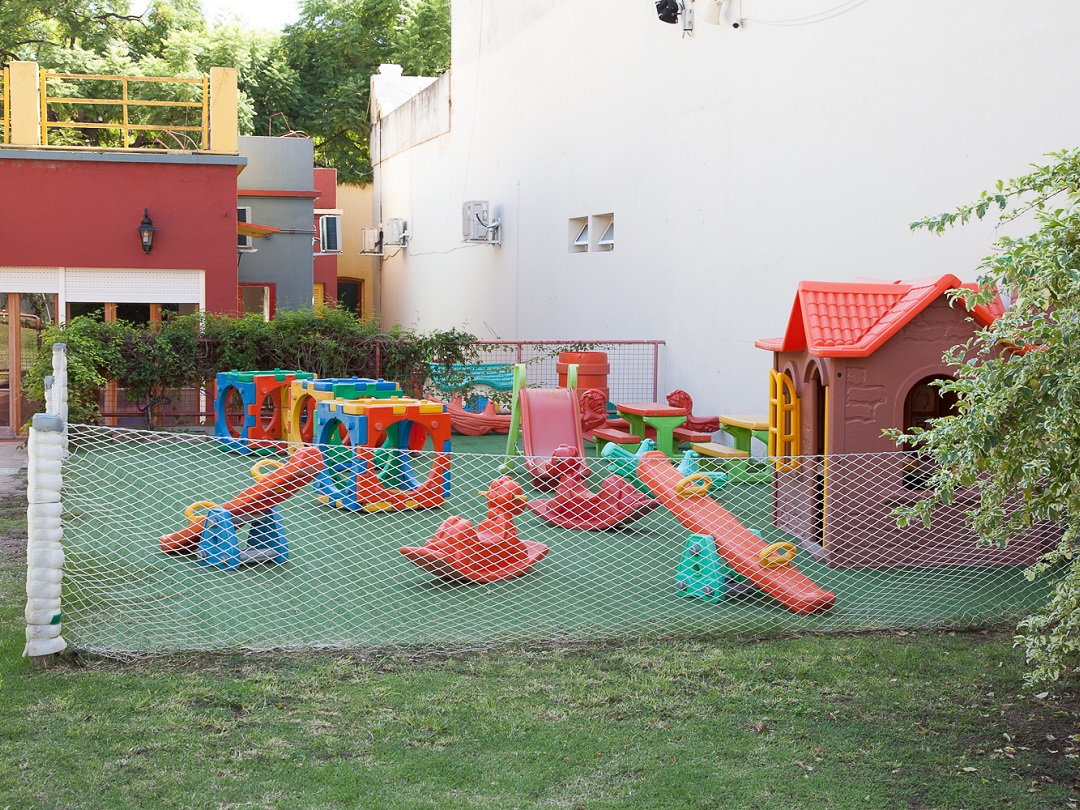
We appeal to the development of aesthetic sensitivity and creativity, within their possibilities, through the expression of different types of languages (oral, written, plastic, musical, corporal, technological) so that they learn to accept productions and limitations, both their own and those of others, having the game as a transversal methodological axis.
Approved Private School N° 1208 "Saint Patrick's"
The Initial Level includes the 3, 4 and 5 years Sections.
Address: 2638 Catamarca Street, 2000
Phone: (0341) 4383436
Email: nivelinicial@sanpatriciorosario.org
"As an old man I realized that I already know most of what it takes to live a full life, which is not so
complicated. I know, and I've known for a long, long, long time. Here is my creed:
EVERYTHING YOU HAVE TO KNOW about how to live, what to do, and how to be I learned in Kindergarten.
Wisdom was not at the top of the mountain of the University, but there, in the sandbox. These are the things I learned:
Share it all.
Play fair.
Don't hit people.
Put things back where you found them.
Always clean what you mess up.
Don't take what isn't yours.
Ask for forgiveness when you hurt someone.
Wash your hands before eating.
Blush.
Hot cookies and cold milk are good.
Live a balanced life.
Learn something and think of something.
Draw, paint, sing, dance, play and work a little every day.
Take a nap every afternoon.
When you go out into the world be careful with the traffic, hold hands and don't go away.
Be aware of the wonderful...
Remember the little seed in the glass, the roots go down and the plant goes up and nobody really knows how or why, but we are all like that.
The goldfish, the white mice and even the little seed in the glass, they all die and so do we...
... I remember one of the first words I was taught, a very big one: - LOOK.
All you need to know is there, somewhere. The golden rule, love and basic hygiene. Ecology and politics, equality and healthy living ...
... Think how much better the world would be if everyone - everyone - had cookies and milk every afternoon at three o'clock and then cuddled up in our blankets to take a nap. Or if all governments had as their basic policy to always put things back where they found them and clean up what they messed up..."
("All I really need to know I learned in Kindergarten," Robert Fulghum, 1990)
In full agreement with what was stated by the aforementioned author, the Initial Level of St. Patrick’s School offers its students significant learning experiences that promote an integral education, caring for diversity, in a family and supportive environment, highlighting Christian values.
We aspire to create a space of gathering that favors, in the children, the gradual construction of an autonomous morality that will translate into the achievement of their independence and will allow them to develop in a leading role with freedom, responsibility and security, establishing affective bonds with the people that surround them, respecting the rights of the other and making respect theirs, integrating in this way the thought, the feeling and the action, guided by the values and principles of a Christian cosmovision, prioritizing the culture of "being" over that of "having".
In the daily contact with the objects and materials within their reach, we will guide them towards the understanding and appropriation of them. We will make sure they take care of and share their belongings as well as those of others, emphasizing something very difficult but important in the present: to take advantage of the resources offered by the environment, without wasting them, with the purpose of getting them to understand the difference between "need" and "desire".
We appeal to the development of aesthetic sensitivity and creativity, within their possibilities, through the expression of different types of languages (oral, written, plastic, musical, corporal, technological) so that they learn to accept productions and limitations, both their own and those of others, having the game as a transversal methodological axis.
In this stage of growth and maturity, we will carry out complementary work with the families, favouring the development of habits of order, hygiene and socialisation, which are characteristic of this educational level.
The growing demands of the labour market for language skills in foreign languages makes us reflect on the relevance of teaching another language, as it will allow students, in the medium future, an insertion into the globalised world and will open up a range of opportunities in the social, professional and economic fields, which is why we decided to work with the learning potential that children bring, from an early age, practicing Spanish and English simultaneously.
EVERYTHING YOU HAVE TO KNOW about how to live, what to do, and how to be I learned in Kindergarten.
Wisdom was not at the top of the mountain of the University, but there, in the sandbox. These are the things I learned:
Share it all.
Play fair.
Don't hit people.
Put things back where you found them.
Always clean what you mess up.
Don't take what isn't yours.
Ask for forgiveness when you hurt someone.
Wash your hands before eating.
Blush.
Hot cookies and cold milk are good.
Live a balanced life.
Learn something and think of something.
Draw, paint, sing, dance, play and work a little every day.
Take a nap every afternoon.
When you go out into the world be careful with the traffic, hold hands and don't go away.
Be aware of the wonderful...
Remember the little seed in the glass, the roots go down and the plant goes up and nobody really knows how or why, but we are all like that.
The goldfish, the white mice and even the little seed in the glass, they all die and so do we...
... I remember one of the first words I was taught, a very big one: - LOOK.
All you need to know is there, somewhere. The golden rule, love and basic hygiene. Ecology and politics, equality and healthy living ...
... Think how much better the world would be if everyone - everyone - had cookies and milk every afternoon at three o'clock and then cuddled up in our blankets to take a nap. Or if all governments had as their basic policy to always put things back where they found them and clean up what they messed up..."
("All I really need to know I learned in Kindergarten," Robert Fulghum, 1990)
In full agreement with what was stated by the aforementioned author, the Initial Level of St. Patrick’s School offers its students significant learning experiences that promote an integral education, caring for diversity, in a family and supportive environment, highlighting Christian values.
We aspire to create a space of gathering that favors, in the children, the gradual construction of an autonomous morality that will translate into the achievement of their independence and will allow them to develop in a leading role with freedom, responsibility and security, establishing affective bonds with the people that surround them, respecting the rights of the other and making respect theirs, integrating in this way the thought, the feeling and the action, guided by the values and principles of a Christian cosmovision, prioritizing the culture of "being" over that of "having".
In the daily contact with the objects and materials within their reach, we will guide them towards the understanding and appropriation of them. We will make sure they take care of and share their belongings as well as those of others, emphasizing something very difficult but important in the present: to take advantage of the resources offered by the environment, without wasting them, with the purpose of getting them to understand the difference between "need" and "desire".
We appeal to the development of aesthetic sensitivity and creativity, within their possibilities, through the expression of different types of languages (oral, written, plastic, musical, corporal, technological) so that they learn to accept productions and limitations, both their own and those of others, having the game as a transversal methodological axis.
In this stage of growth and maturity, we will carry out complementary work with the families, favouring the development of habits of order, hygiene and socialisation, which are characteristic of this educational level.
The growing demands of the labour market for language skills in foreign languages makes us reflect on the relevance of teaching another language, as it will allow students, in the medium future, an insertion into the globalised world and will open up a range of opportunities in the social, professional and economic fields, which is why we decided to work with the learning potential that children bring, from an early age, practicing Spanish and English simultaneously.
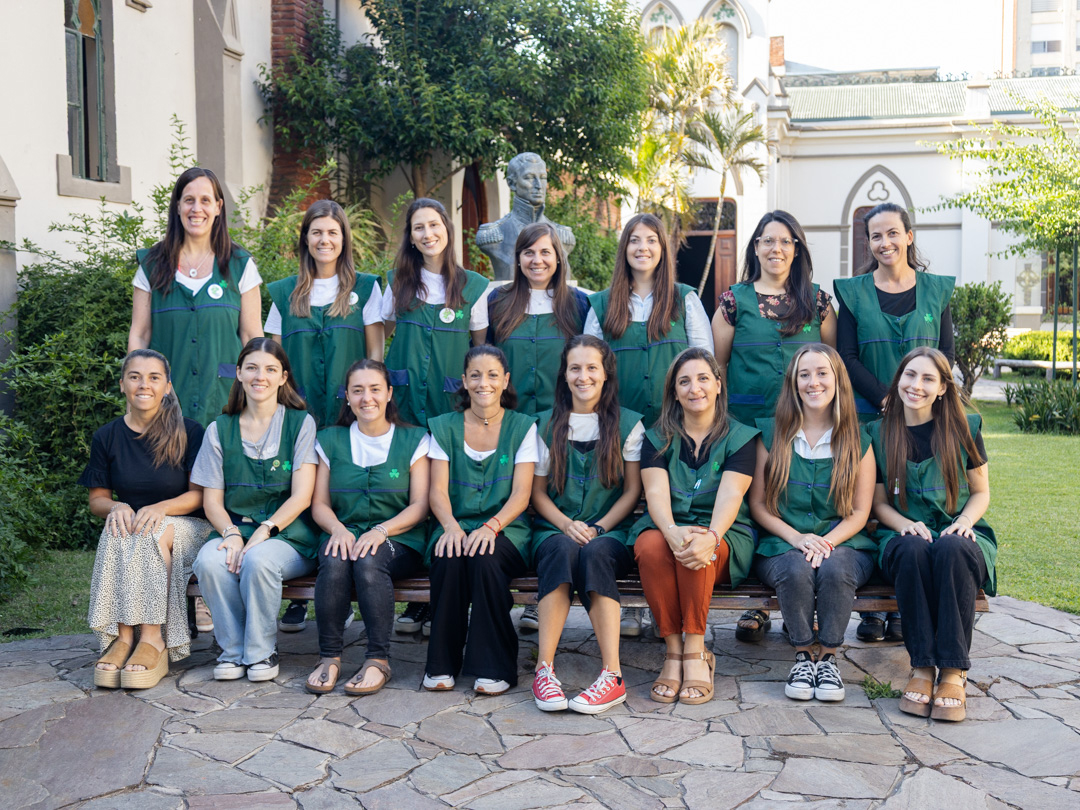
3-years Section B: Miss Srta. Macarena Rocha Peralta and Miss Ana Barcos
4-years Section A: Miss Virginia Santamaría and Miss Sabrina Di Doménico
4-years Section B: Miss Cintia Bulacio and Miss Delfina Schoo Lastra
5-years Section A: Miss Ma. Victoria Dei Cas and Miss Carolina Sasia
5-years Section B: Miss Julieta Cinalli and Miss Sol Martínez Bedouret
Teaching assistants: Miss Saida Erbetta and Miss Camila O'Farrell
Specialities Teachers:
Mr. Ariel Gigena (Physical Education)
Miss Berenise Perino (Musical Education)
Mr. Ignacio Pratta (Computing)
Miss Rosario Bengochea (Artistic Expression)
Among the main activities to be carried out during the school year at the Initial Level, the following stand out:
First day of class
The celebration of Saint Patrick's Day
La Pascua
The birthday of our Homeland
Kindergarten Week Celebration
The winter holidays
Children's day
The Irish Week Celebration
Sports day
The Spring Day celebration
Family Week Celebration
Farewell to the children of the sections of 5
Concert
Other activities:
Initiation to Catechesis, through the experiential participation in solidarity projects
and celebrations in the Church of the College
Access, according to the demand of the pedagogical proposal, to new technologies through
digital resources, previously selected
Toy library, space and play time in the classroom with various teaching materials especially
offered for each developmental stage of children
"Traveling Library": project from which each family receives for the weekend
a storybook, to exercise imagination and creativity, to familiarize children
with children's literature
Articulation Project Initial Level - Primary Level, so that the transfer from one level to another
is taken by children in a natural way, significantly appropriating new school practices
First day of class
The celebration of Saint Patrick's Day
La Pascua
The birthday of our Homeland
Kindergarten Week Celebration
The winter holidays
Children's day
The Irish Week Celebration
Sports day
The Spring Day celebration
Family Week Celebration
Farewell to the children of the sections of 5
Concert
Other activities:
Initiation to Catechesis, through the experiential participation in solidarity projects
and celebrations in the Church of the College
Access, according to the demand of the pedagogical proposal, to new technologies through
digital resources, previously selected
Toy library, space and play time in the classroom with various teaching materials especially
offered for each developmental stage of children
"Traveling Library": project from which each family receives for the weekend
a storybook, to exercise imagination and creativity, to familiarize children
with children's literature
Articulation Project Initial Level - Primary Level, so that the transfer from one level to another
is taken by children in a natural way, significantly appropriating new school practices
NEWS
.jpg)
.jpg)
DÍA DE LAS INFANCIAS
.jpg)
ART WITH SHAPES
.jpg)
VISITA AL MUSEO JUAN B. CASTAGNINO - SECCIÓN 5 AÑOS
.jpg)
MUESTRA DE ARTE 2025
.jpg)
EL SISTEMA SOLAR
.jpg)
CELEBRACIÓN DEL ÁNGEL DE LA GUARDA - SECCIÓN 3 AÑOS.
.jpg)
DÍA DE LOS JARDINES DE INFANTES Y DE LAS MAESTRAS JARDINERAS 2025
.jpg)
25 DE MAYO 2025
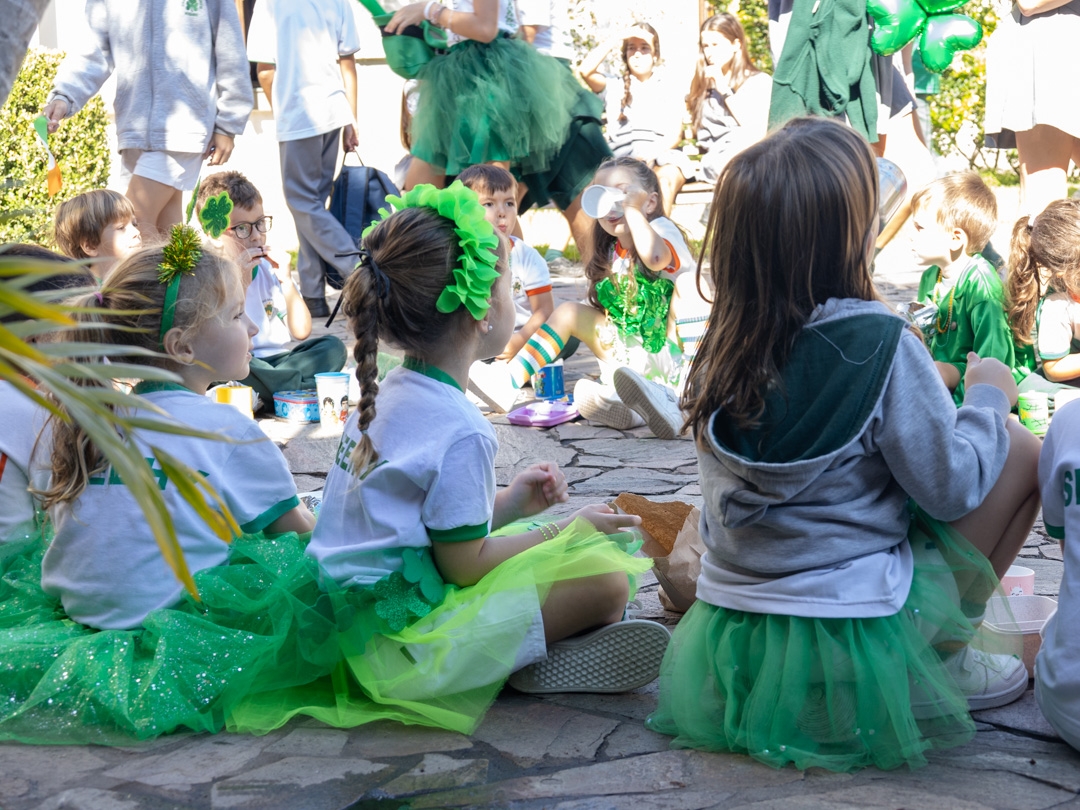
SEMANA DE FESTEJOS: DÍA DE SAN PATRICIO 2025
.jpg)
INICIO DE CLASES 2025
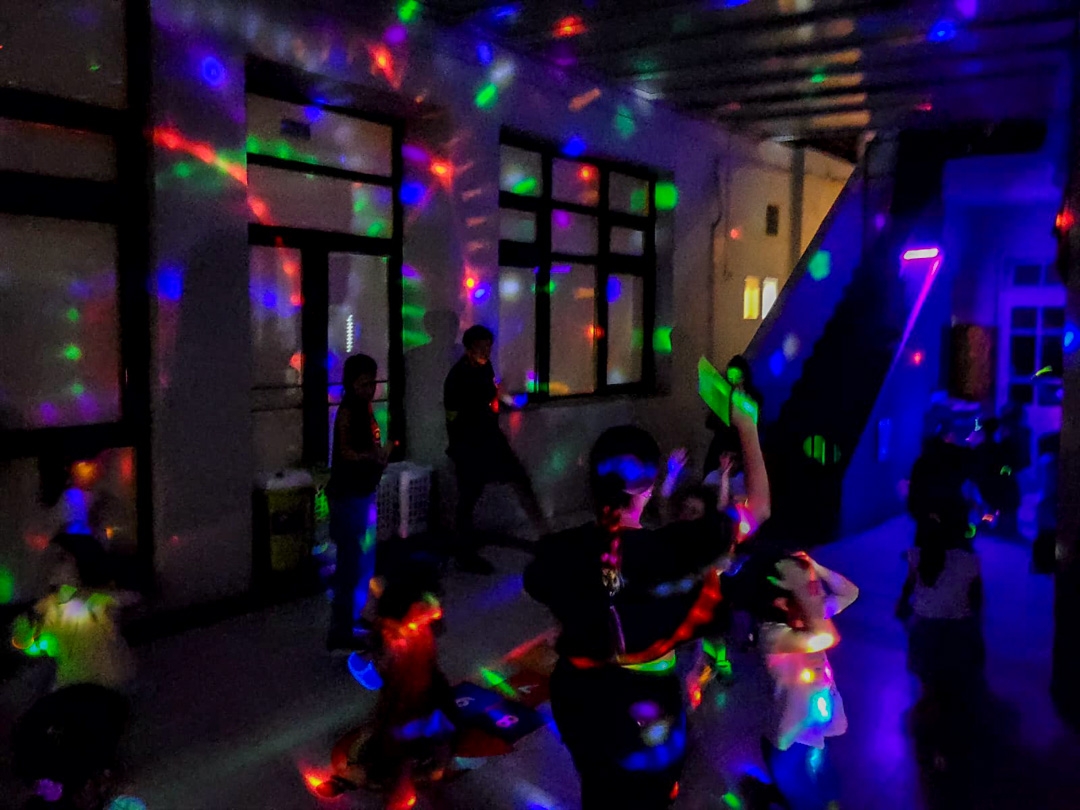
¡DORMIDA EN EL JARDÍN!
.jpg)
CELEBRACIÓN DE LA FAMILIA
.jpg)
BIENVENIDA PRIMAVERA 2024
CULTURA IRLANDESA
MUESTRA DE ARTE SECCIONES DE 4 AÑOS
PROYECTO: CONOCIENDO SOBRE EL RÍO PARANÁ
DÍA DE LOS JARDINES DE INFANTES Y DE LA MAESTRA JARDINERA 2024
¡ESCENARIOS LÚDICOS EN NUESTRO JARDÍN! 2024
¡FELIZ PASCUA DE RESURECCIÓN! 2024
CELEBRACIÓN DE SAN PATRICIO 2024
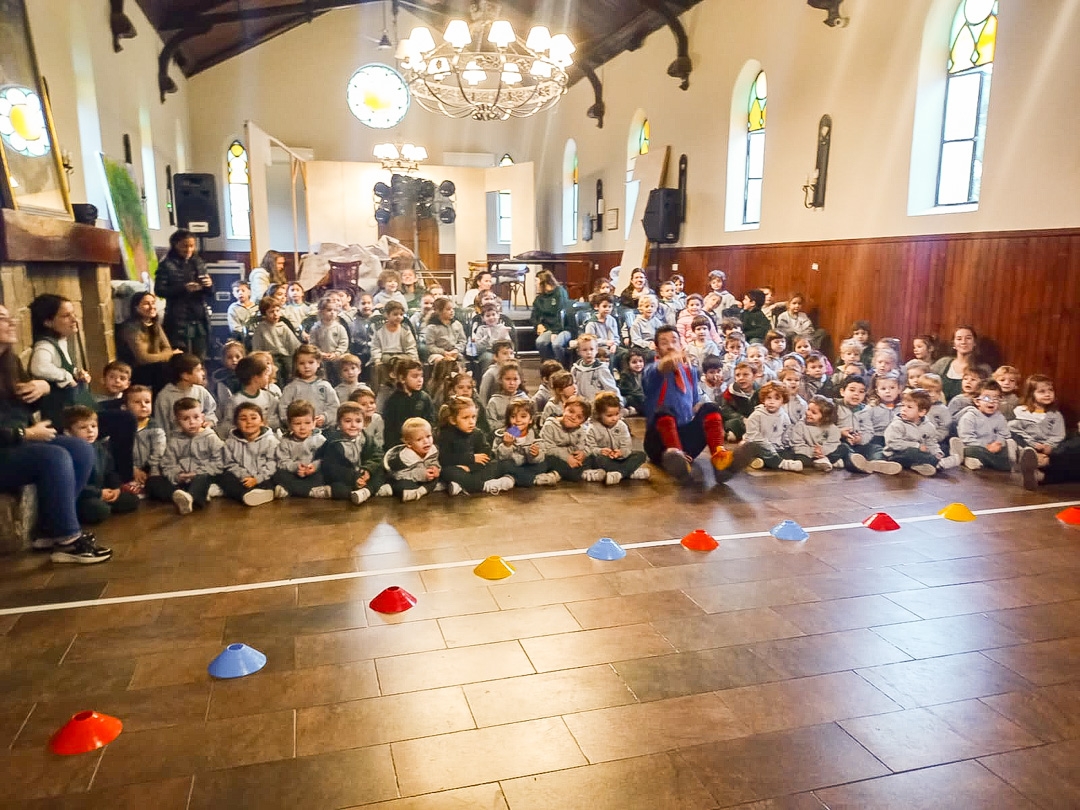
DÍA DE LAS INFANCIAS 2023
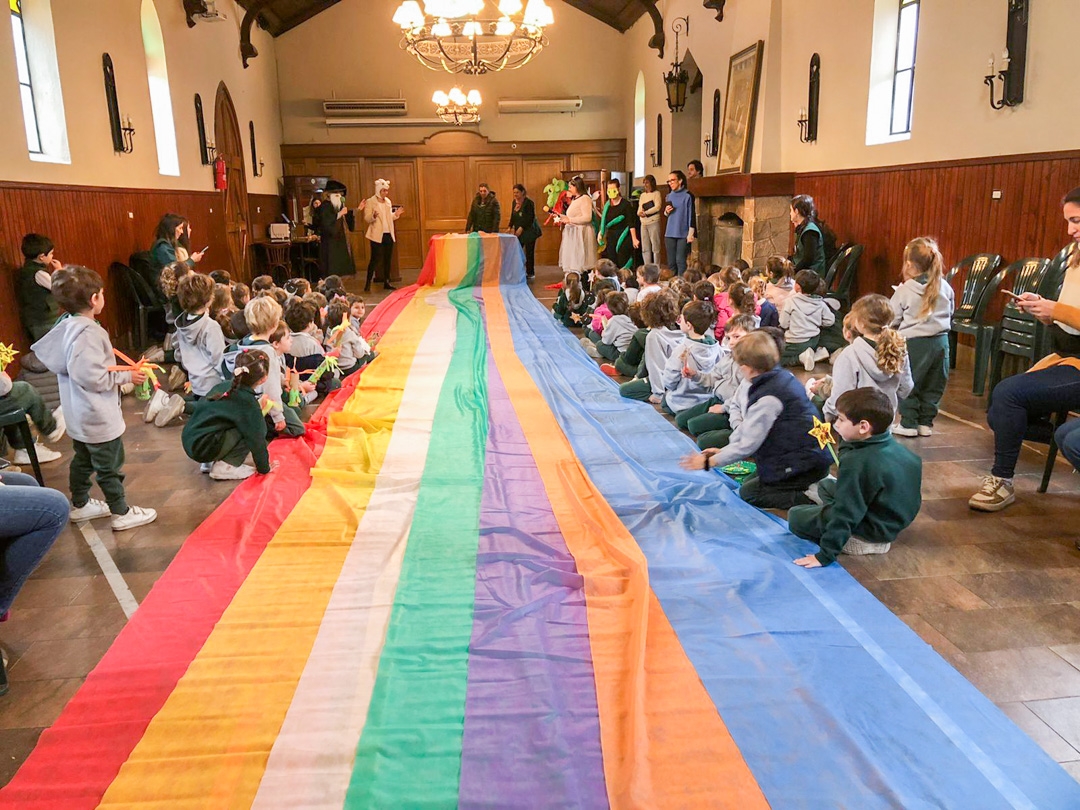
SEMANA DE IRLANDA 2023
.jpg)
CELEBRACIÓN DEL ÁNGEL DE LA GUARDA 2023 – SECCIÓN 3 AÑOS
.jpg)
MUESTRA DE ARTE 2023 – SECCIÓN 4 AÑOS
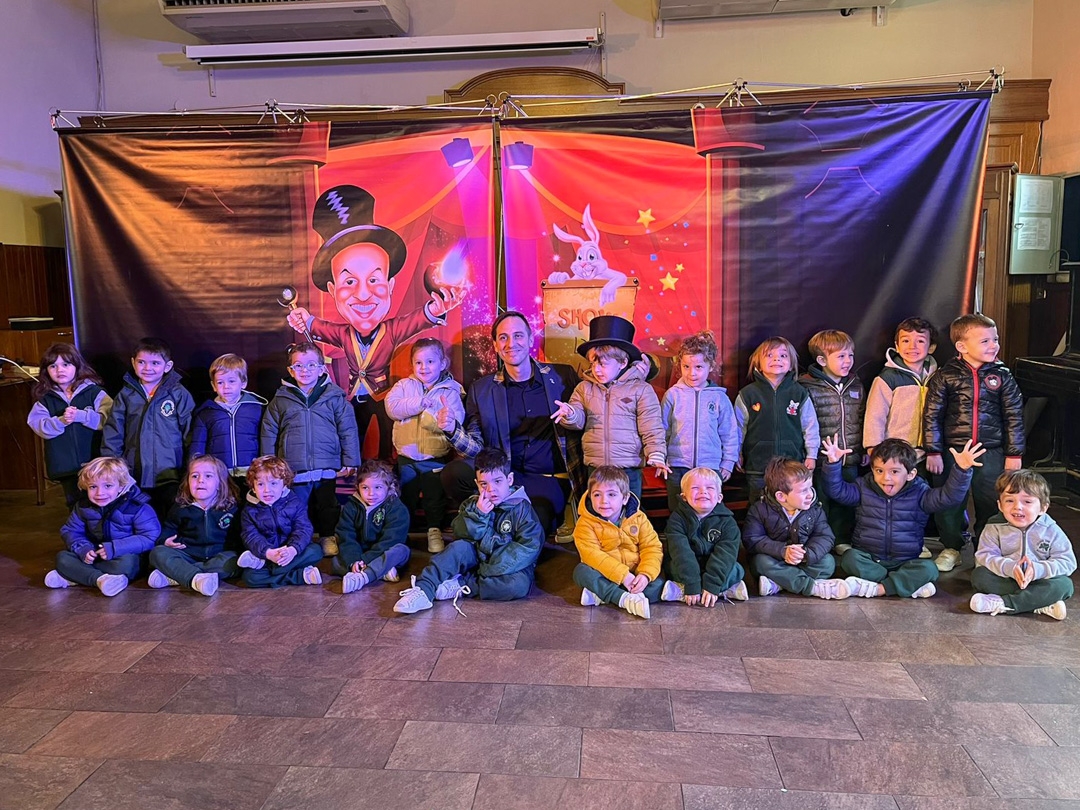
28 DE MAYO: “DÍA DE LOS JARDINES DE INFANTES Y DE LAS MAESTRAS JARDINERAS”
.jpg)
18 DE MAYO: "DÍA DE LA ESCARAPELA NACIONAL" 2023
.jpg)
SECCIÓN DE 3 AÑOS – NIVEL INICIAL
.jpg)
¡FELIZ PASCUA DE RESURRECCIÓN! 2023
.jpg)
DÍA DE SAN PATRICIO 2023
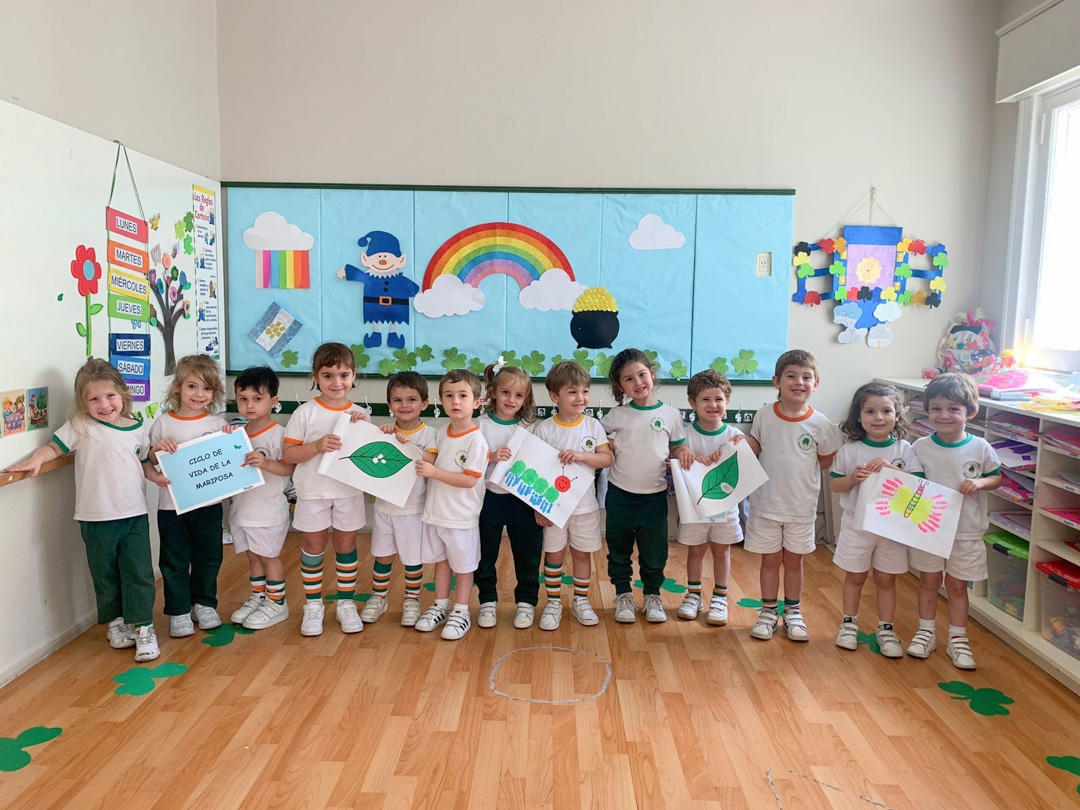
REPOBLEMOS DE MARIPOSAS NUESTRO AIRE 2022
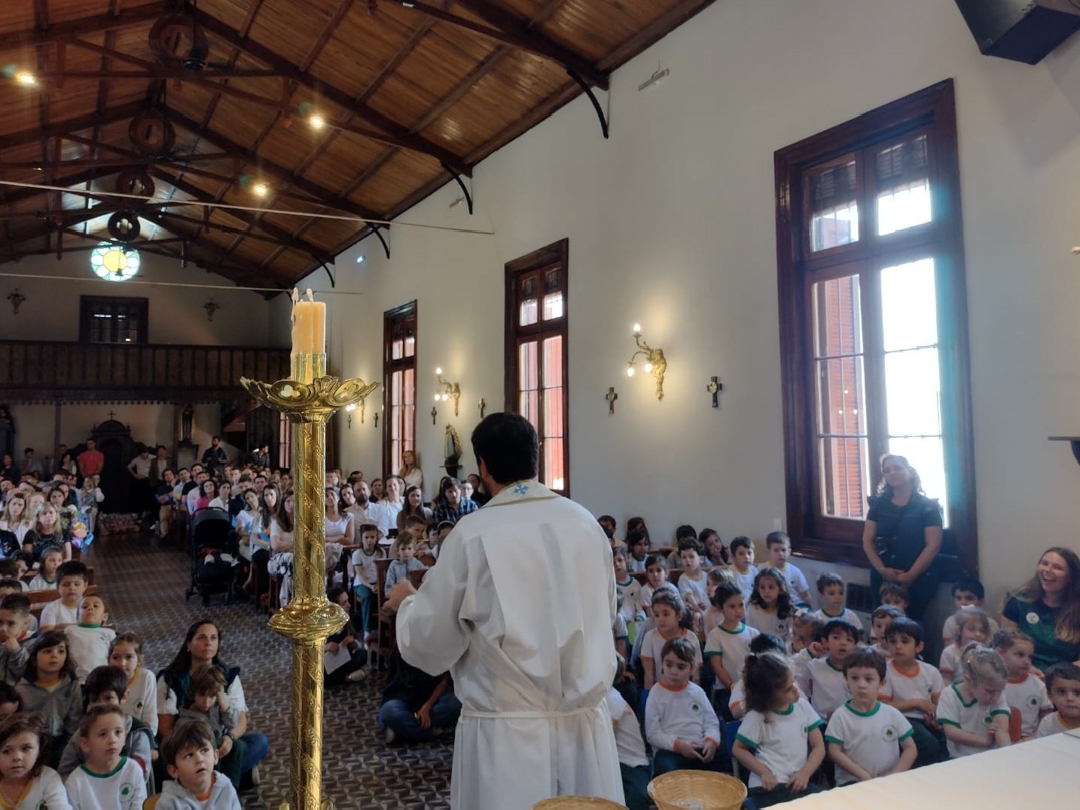
SEMANA DE LAS FAMILIAS 2022
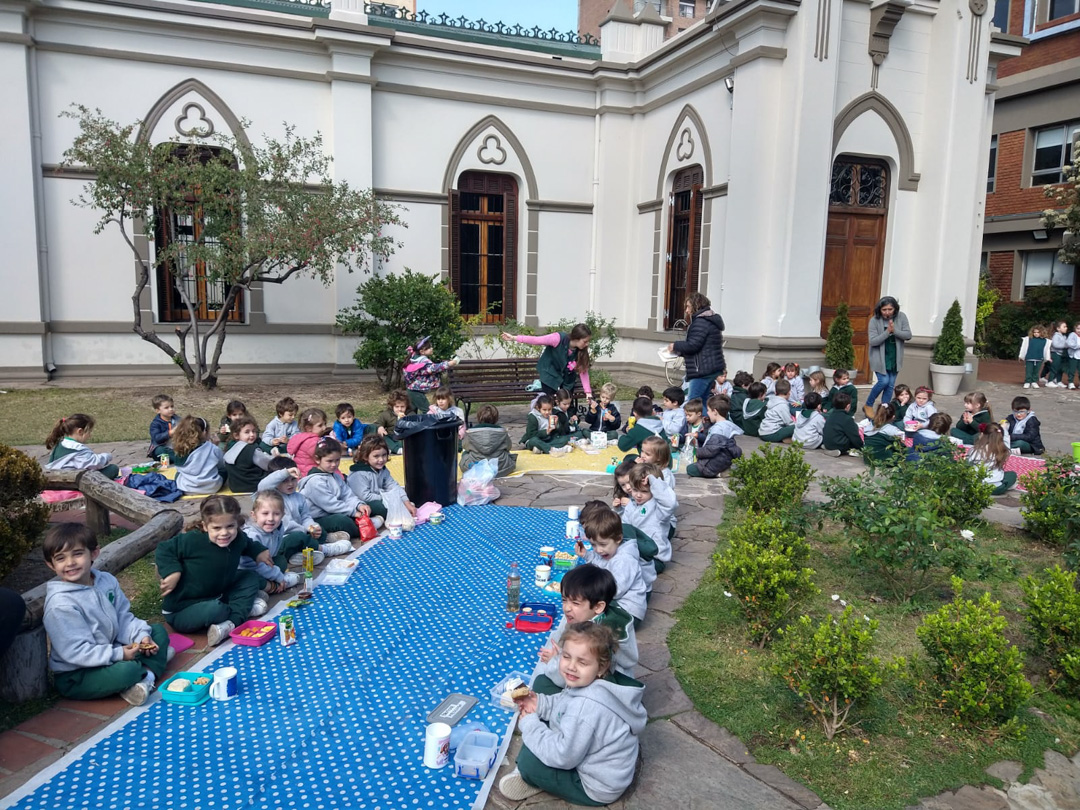
LLEGÓ LA PRIMAVERA 2022
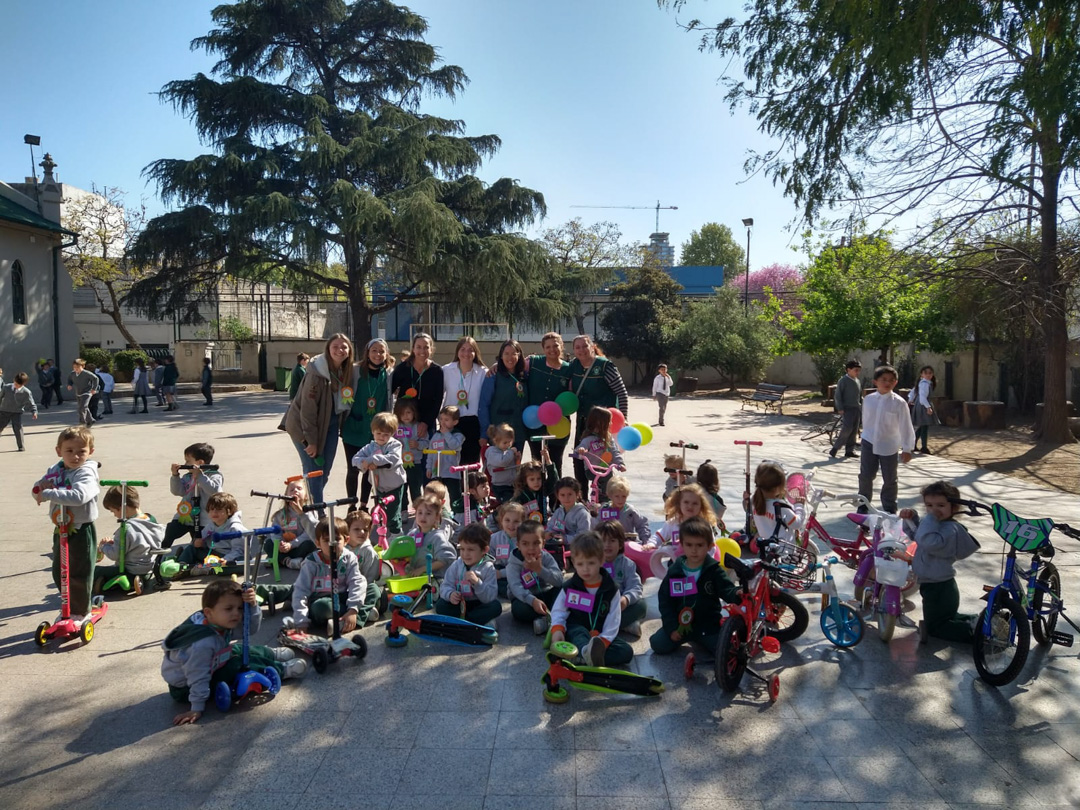
SECCIÓN DE 3 SOBRE RUEDAS 2022
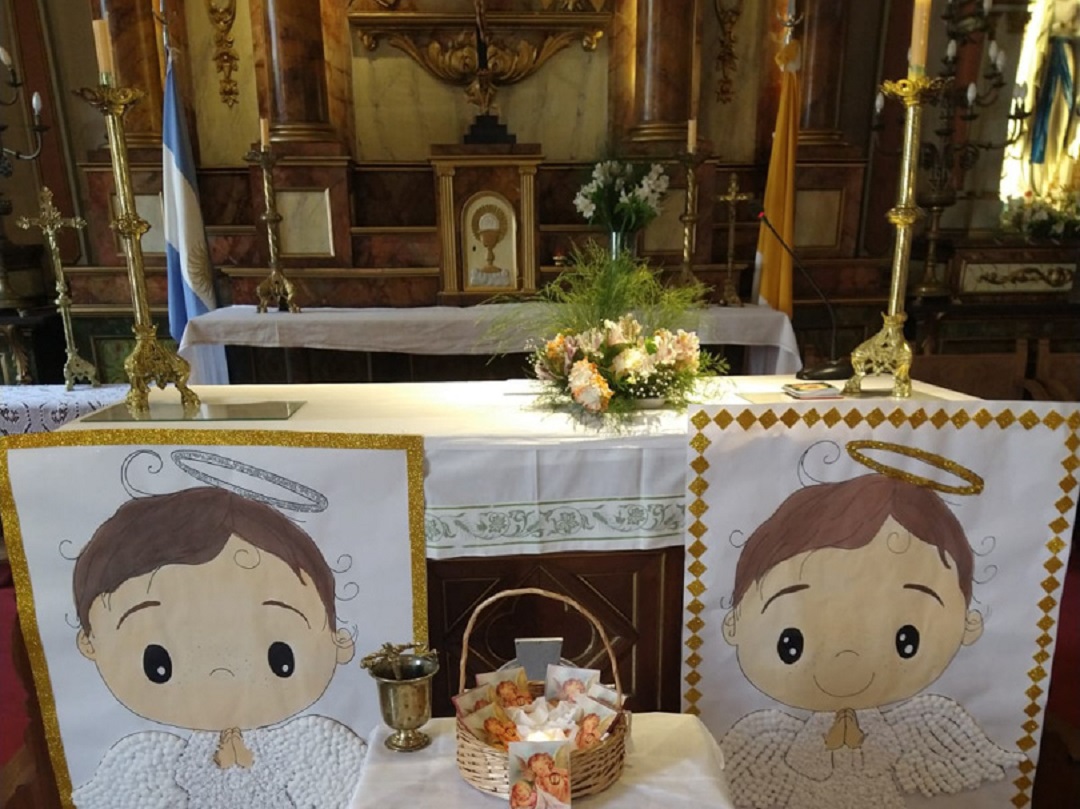
CELEBRACIONES DE LA "VIRGEN NIÑA" Y DEL "ANGEL DE LA GUARDA" 2022
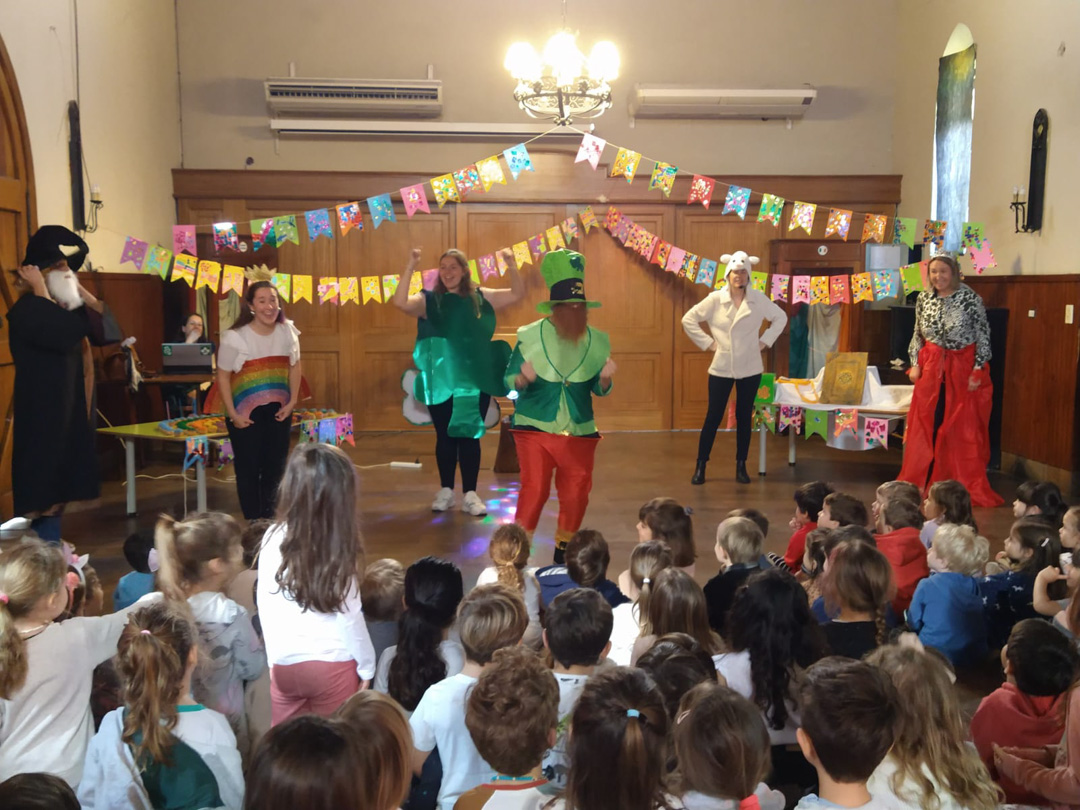
SEMANA DE IRLANDA 2022
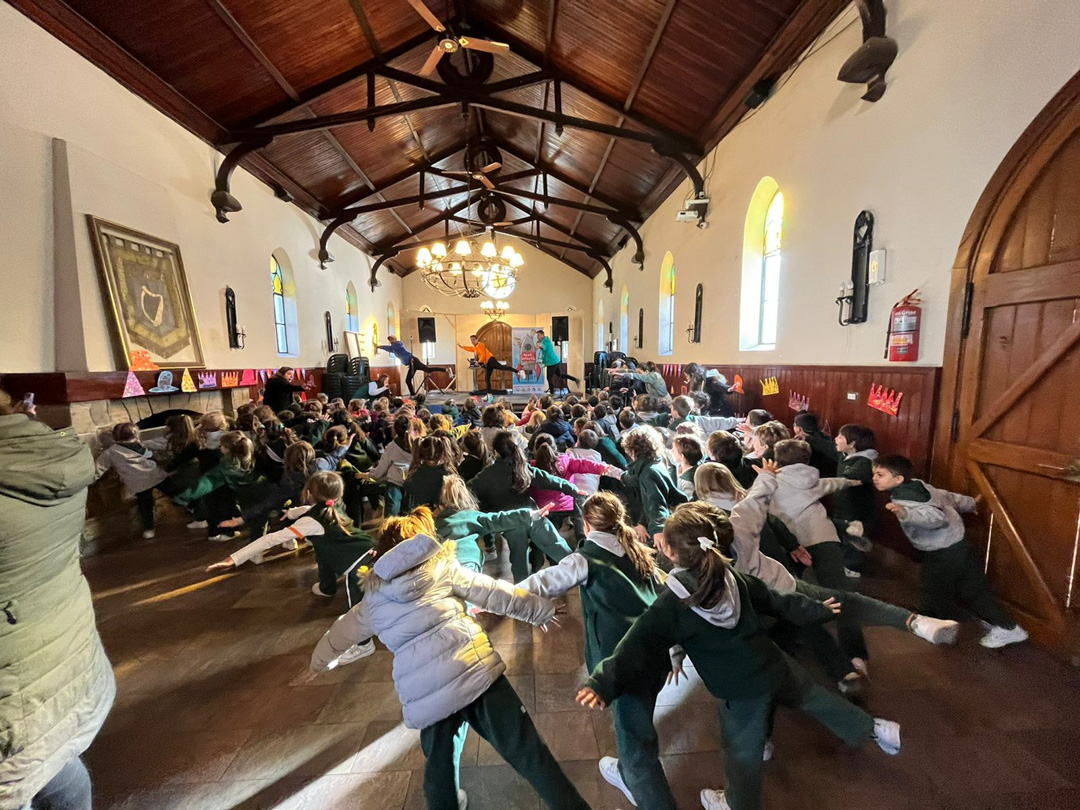
DÍA DE LAS INFANCIAS 2022
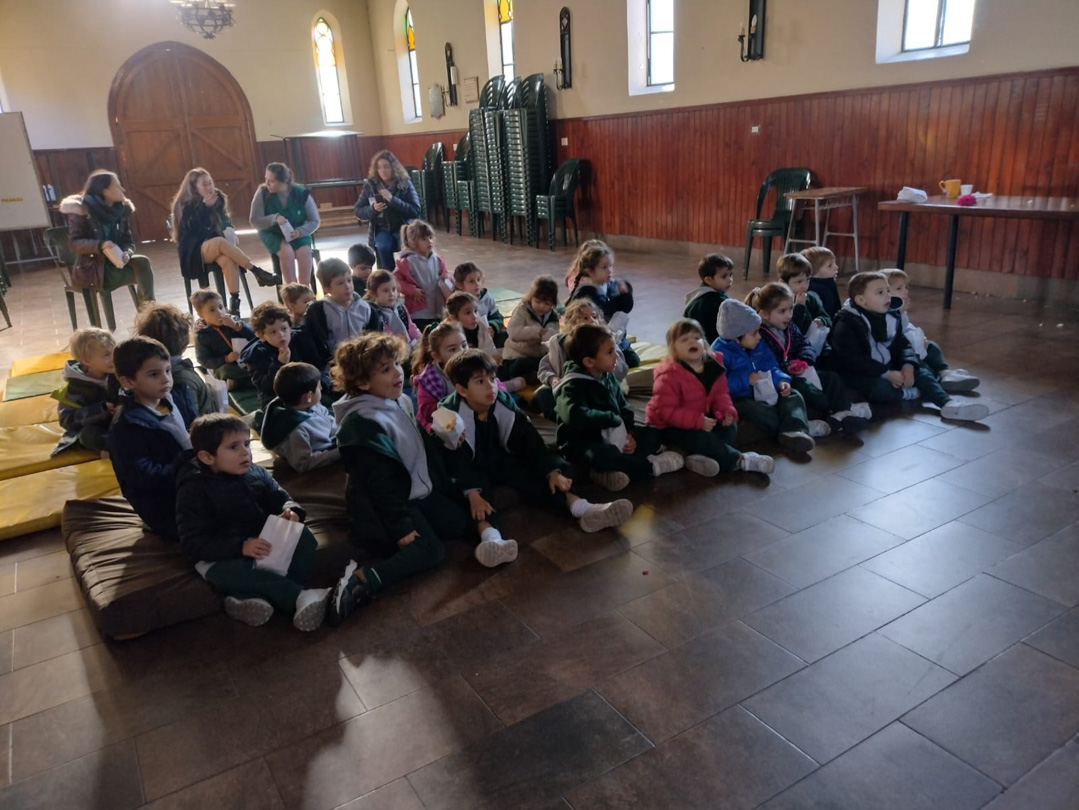
RECESO INVERNAL 2022
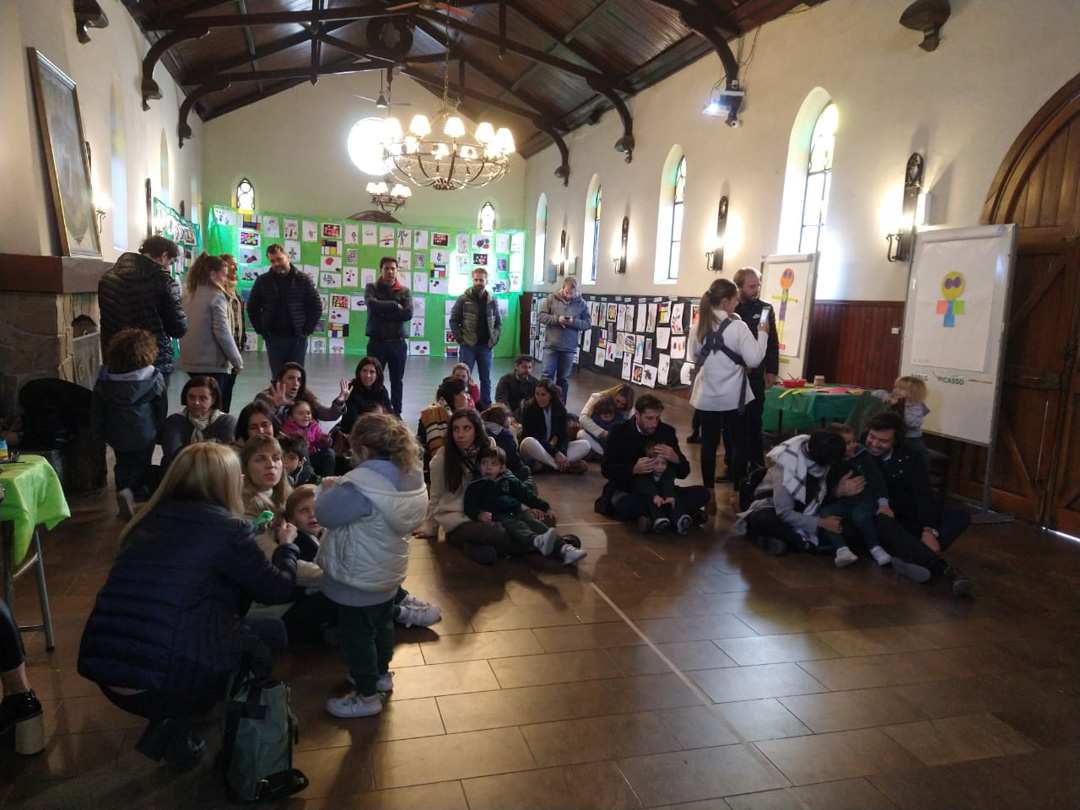
MUESTRA DE ARTE SECCIÓN 4 AÑOS 2022
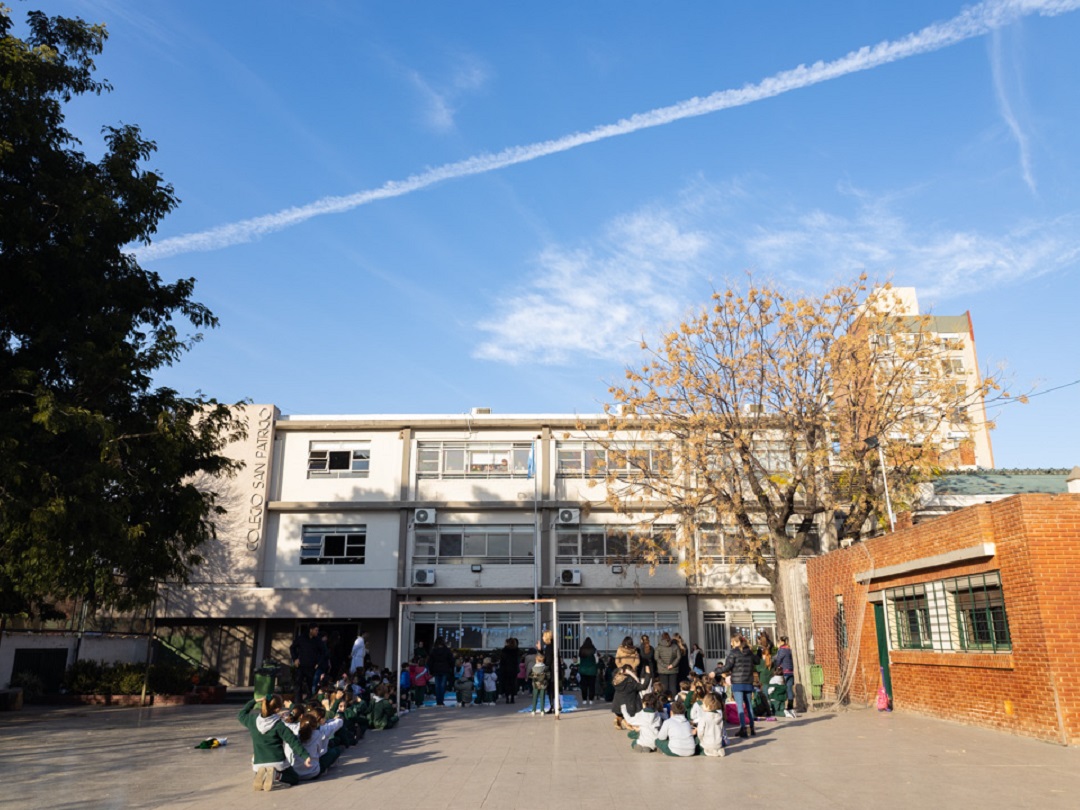
20 DE JUNIO: "DÍA DE LA BANDERA ARGENTINA" 2022
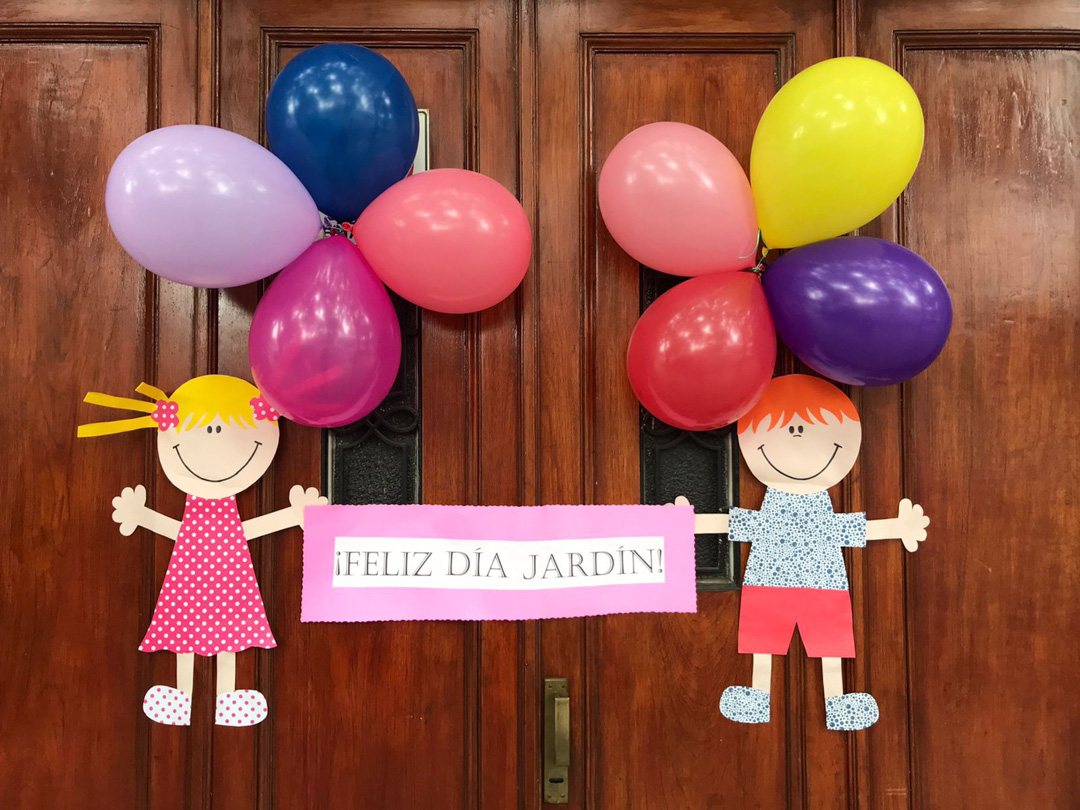
¡FELIZ DÍA DE LOS JARDINES DE INFANTES Y DE LA MAESTRA JARDINERA! 2022
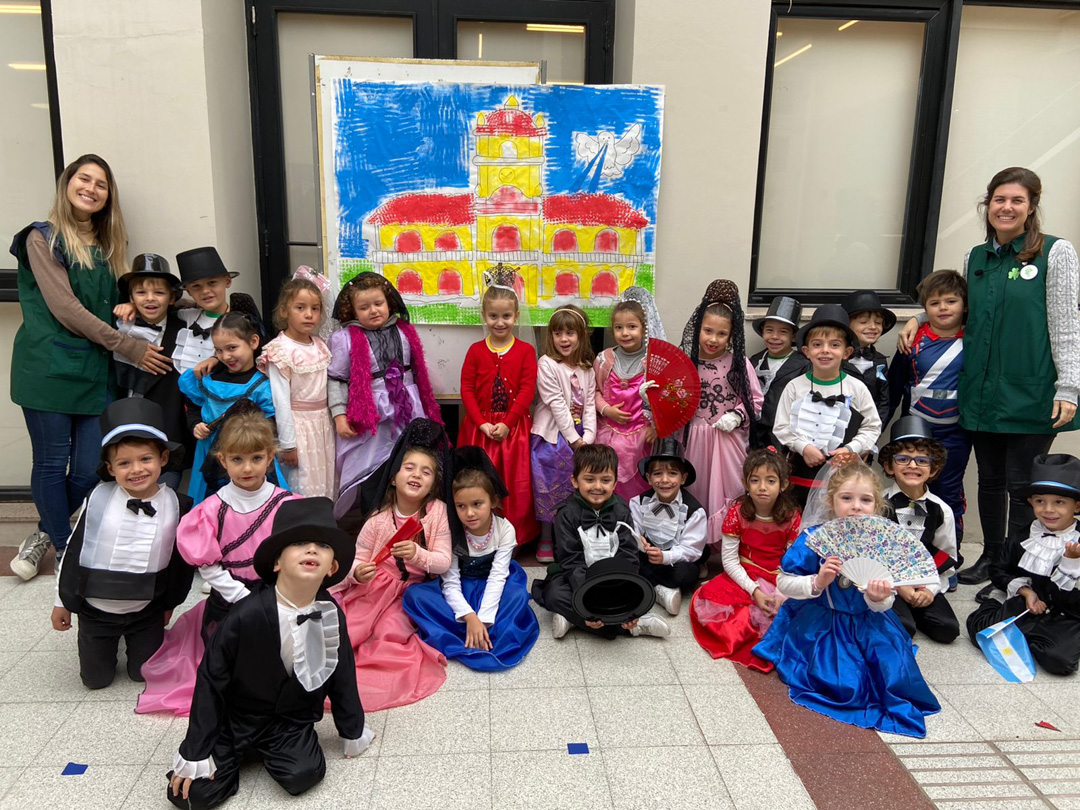
25 DE MAYO: DÍA DE NUESTRA PATRIA 2022
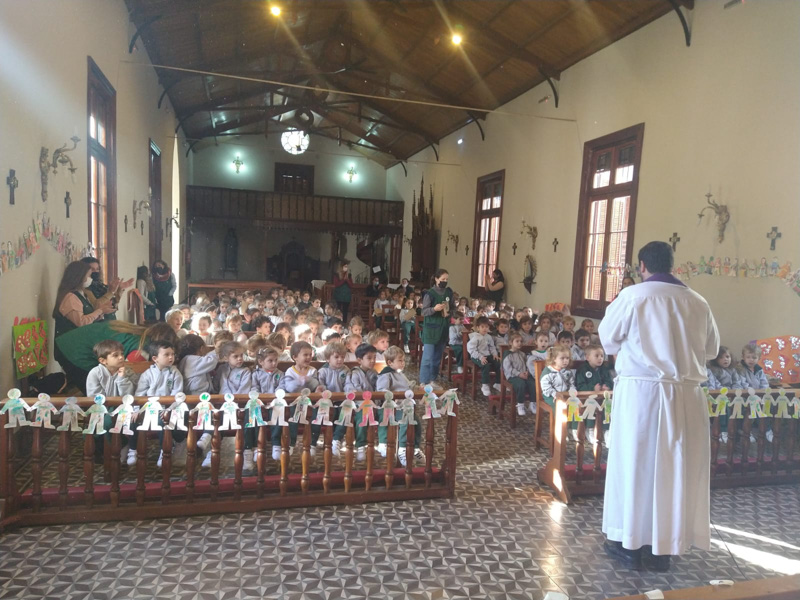
"VIVAMOS LA PASCUA CON UNIÓN" 2022
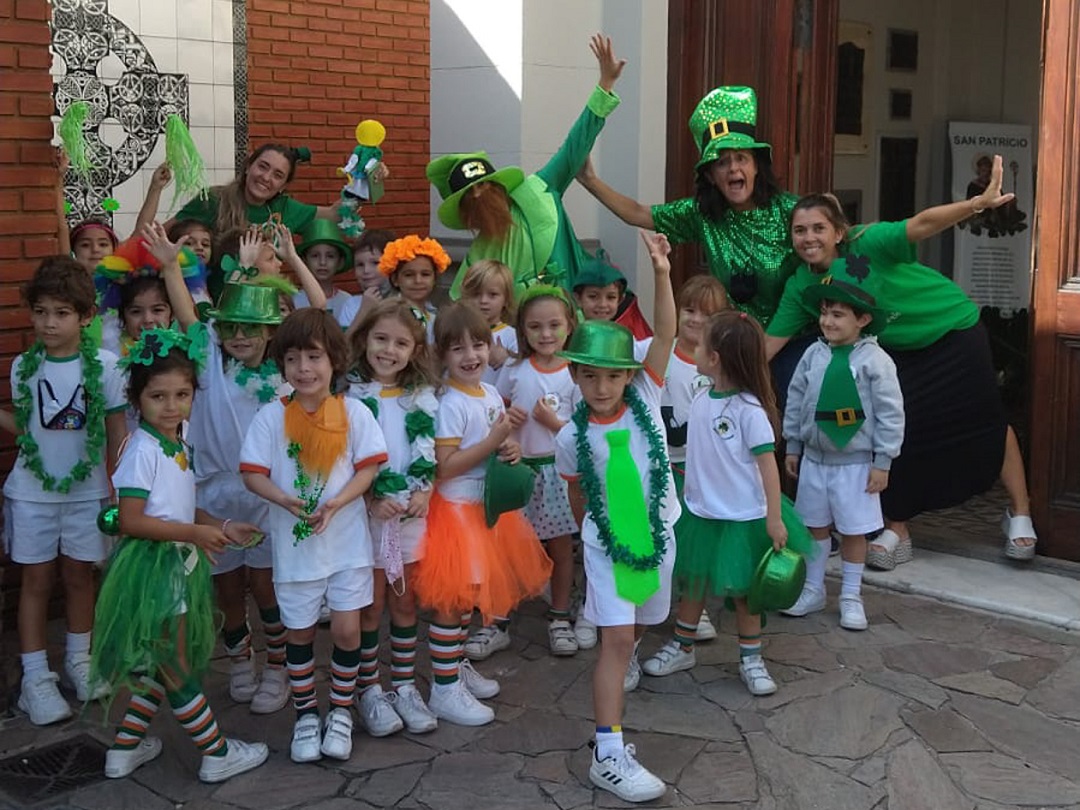
DÍA DE SAN PATRICIO 2022

CONCERT 2021
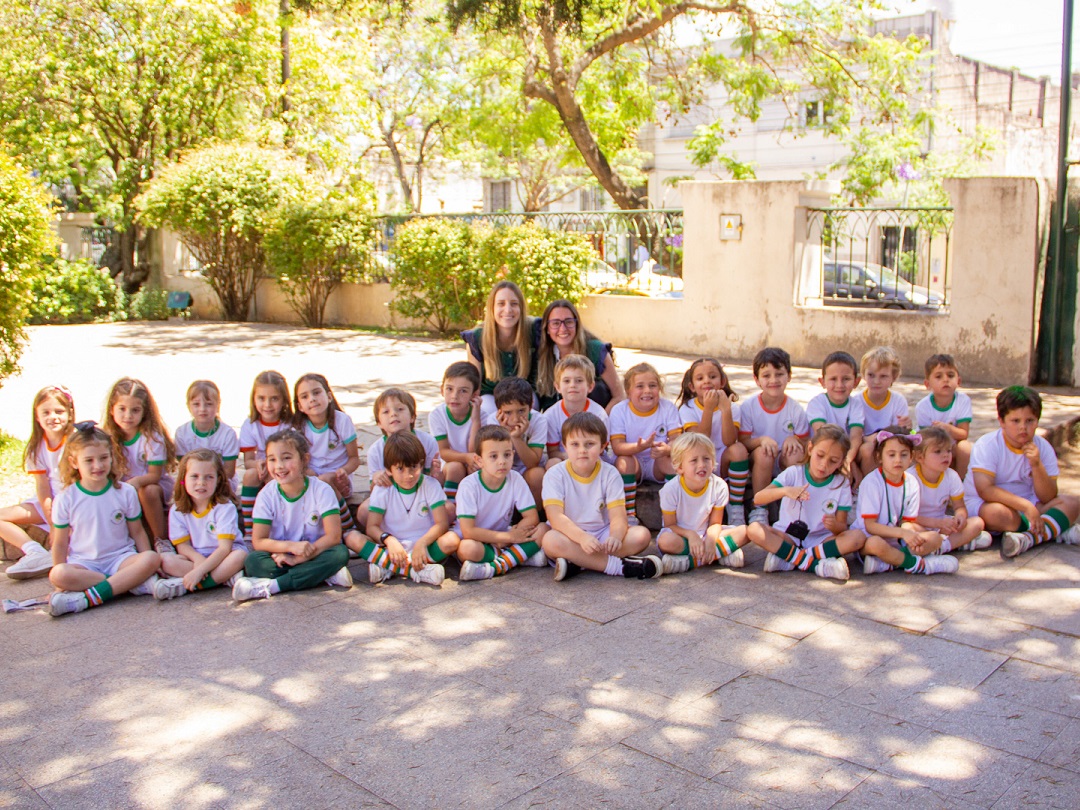
COLACIÓN SALA DE 5 AÑOS B 2021
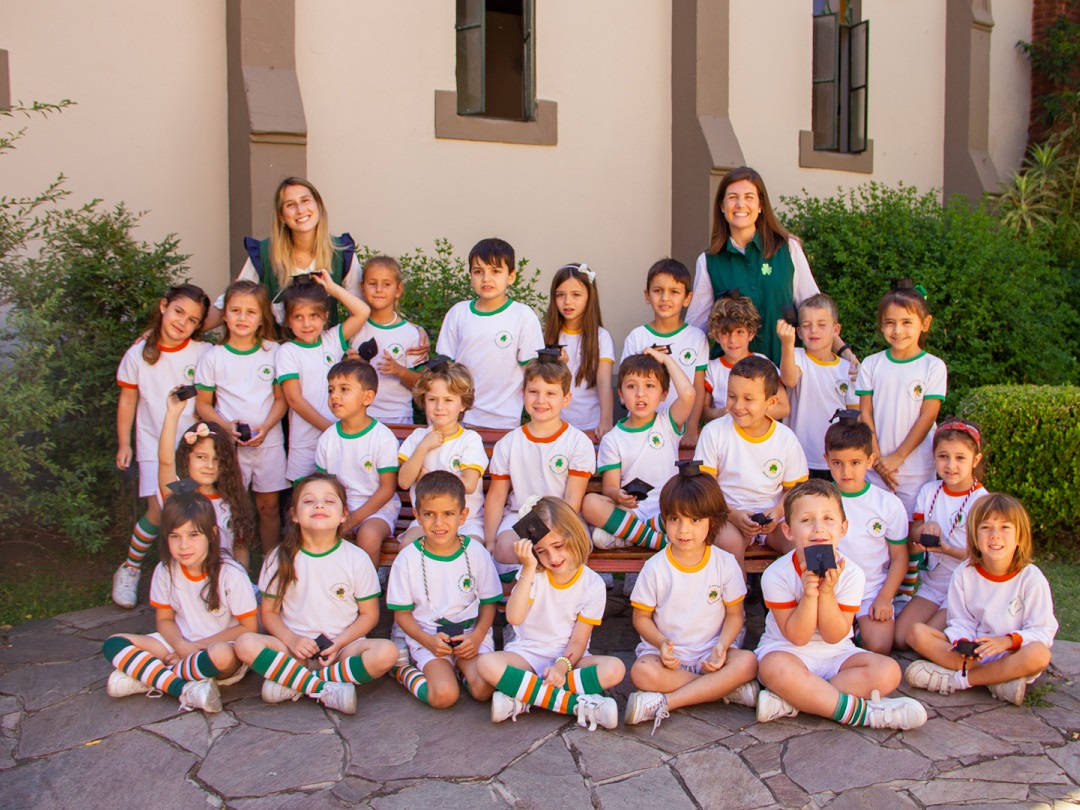
COLACIÓN SALA DE 5 AÑOS A 2021

DESPEDIDA DE LAS SECCIONES DE 5 AÑOS 2021

SPORTS DAY NI 2021
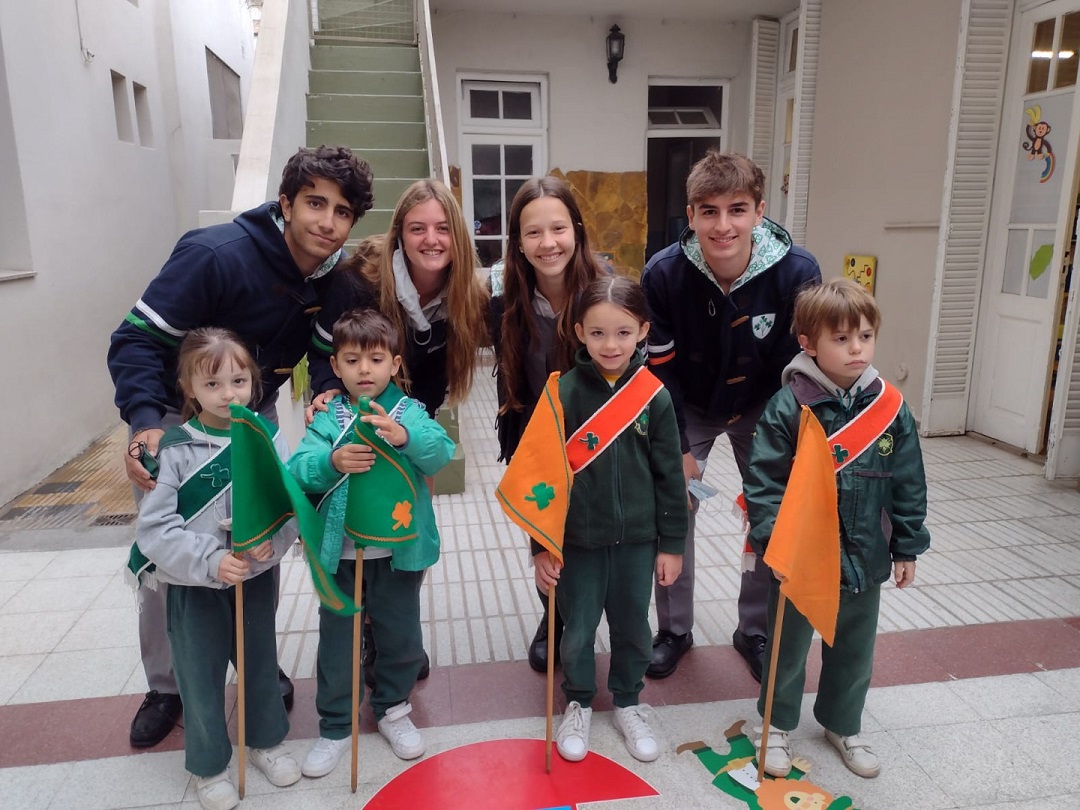
CAPITANES Y CAPITANAS 2021
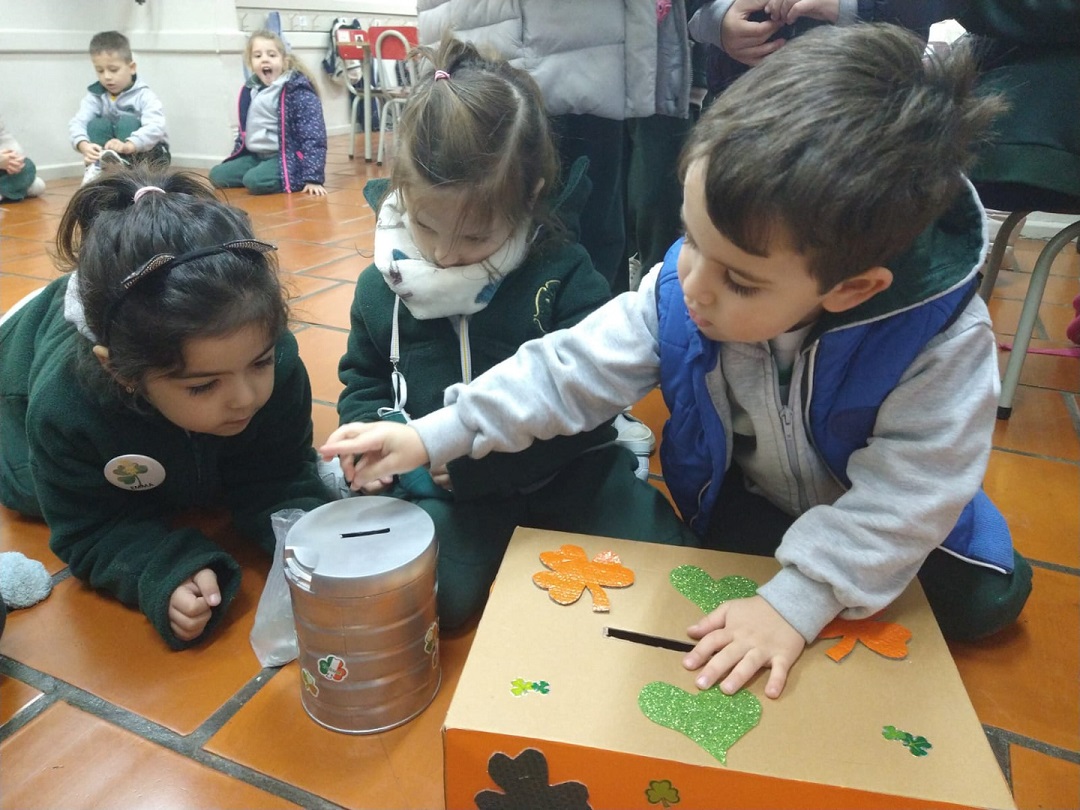
DÍA DE LAS INFANCIAS 2021
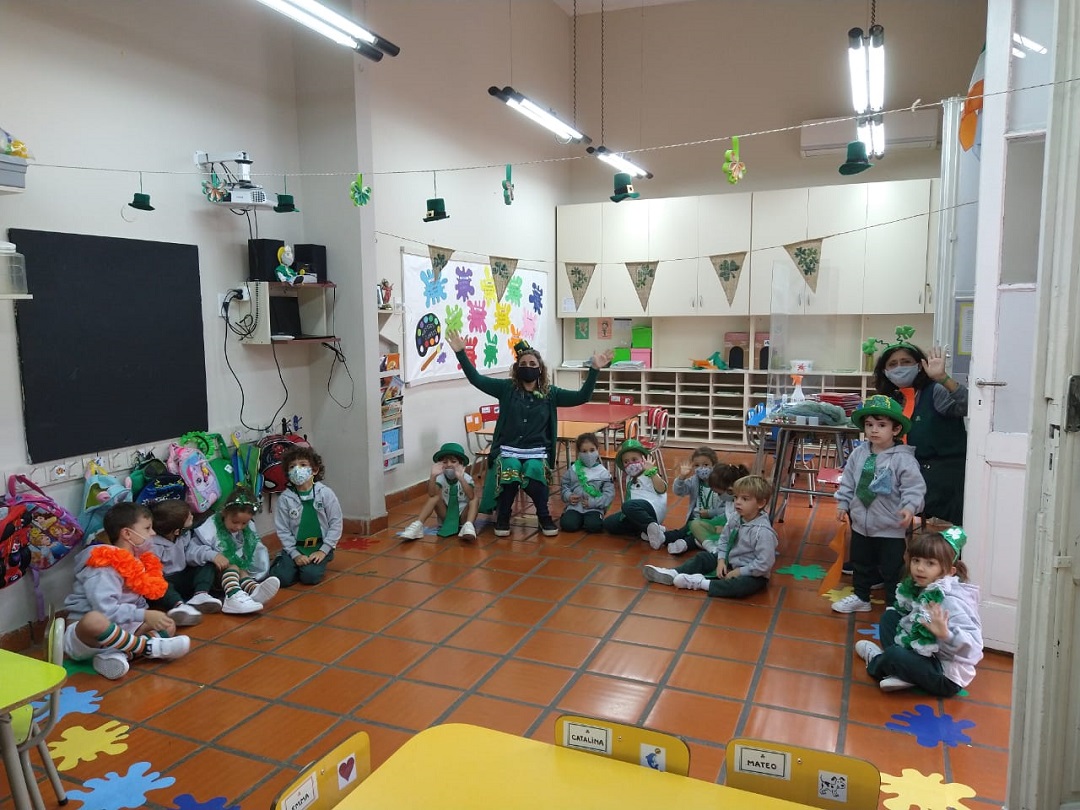
¡FELIZ DÍA DE SAN PATRICIO! 2021
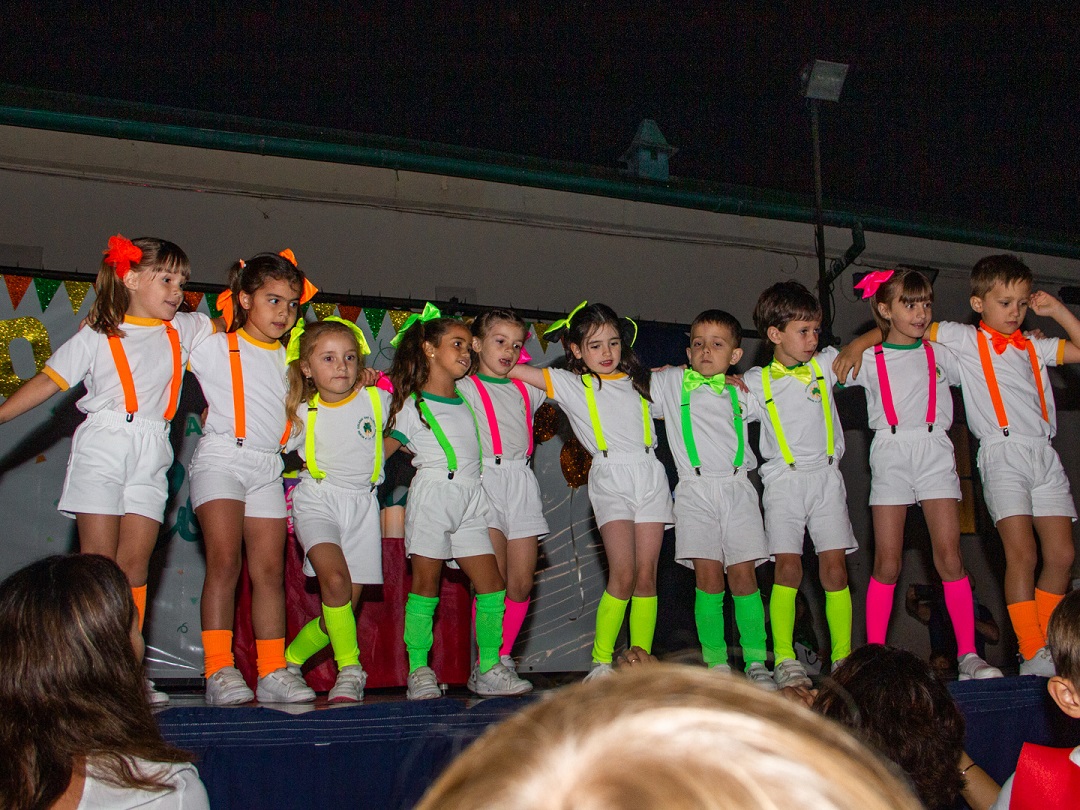
CONCERT NIVEL INICIAL 2019
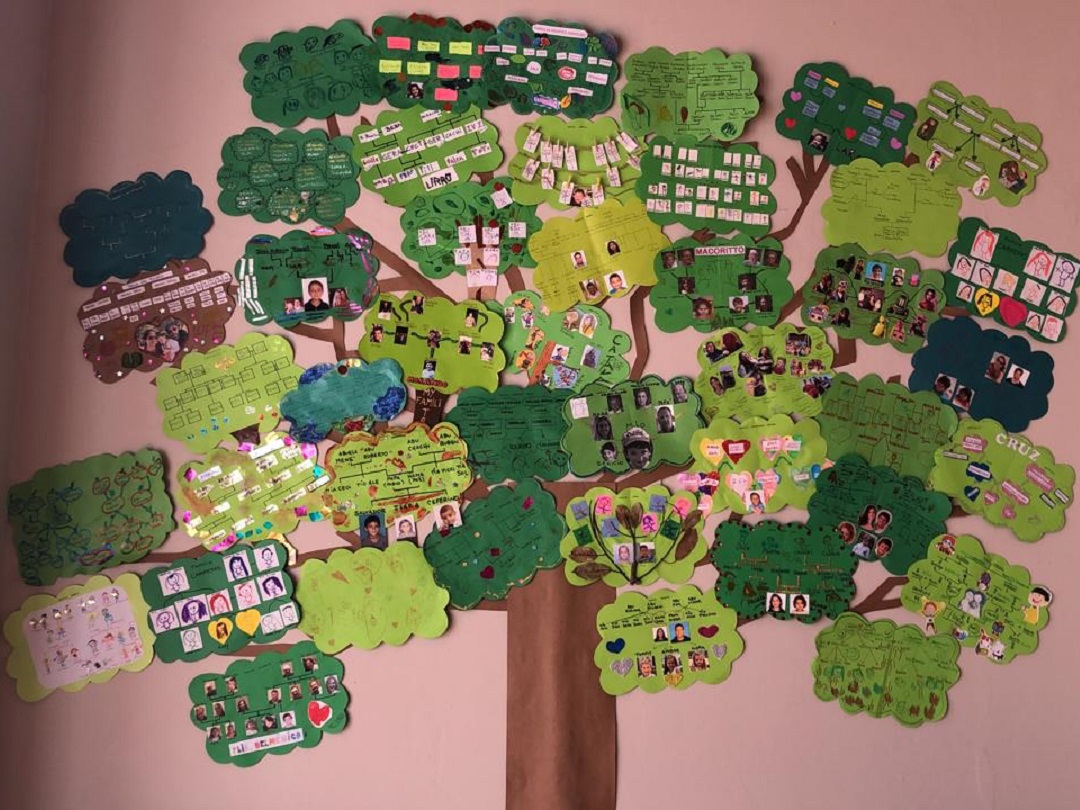
SEMANA DE LAS FAMILIAS 2019
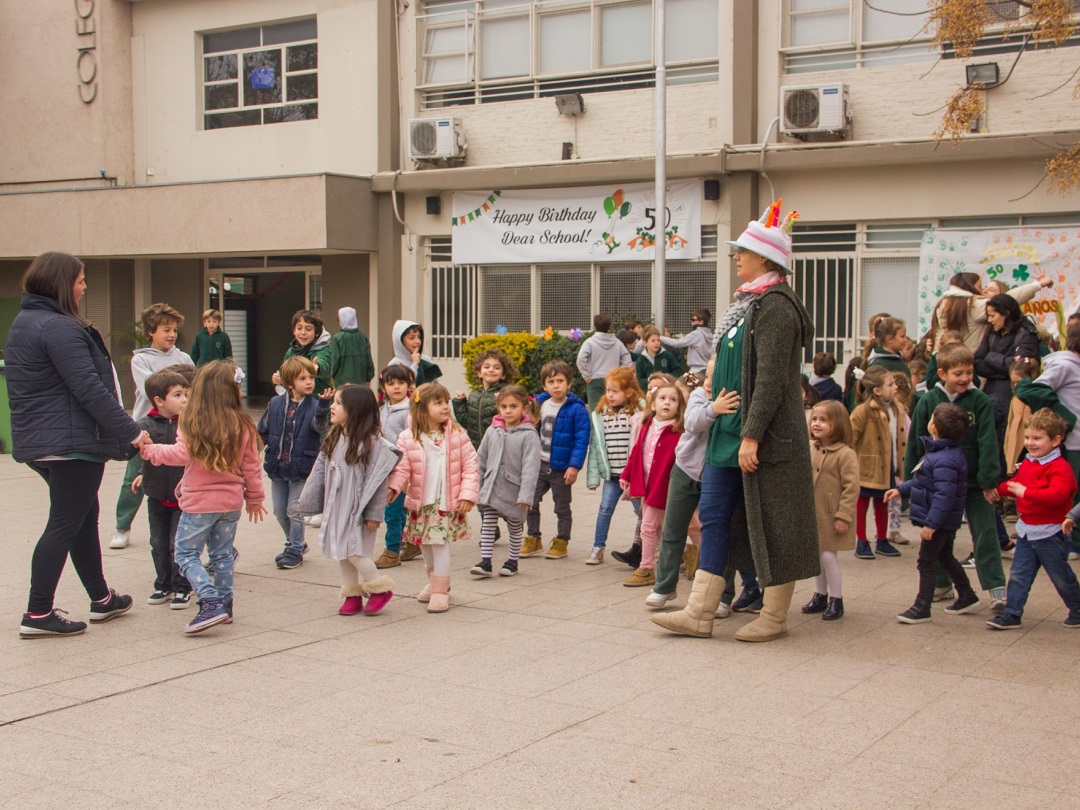
FESTEJO 50 AÑOS NIVEL INICIAL 2019
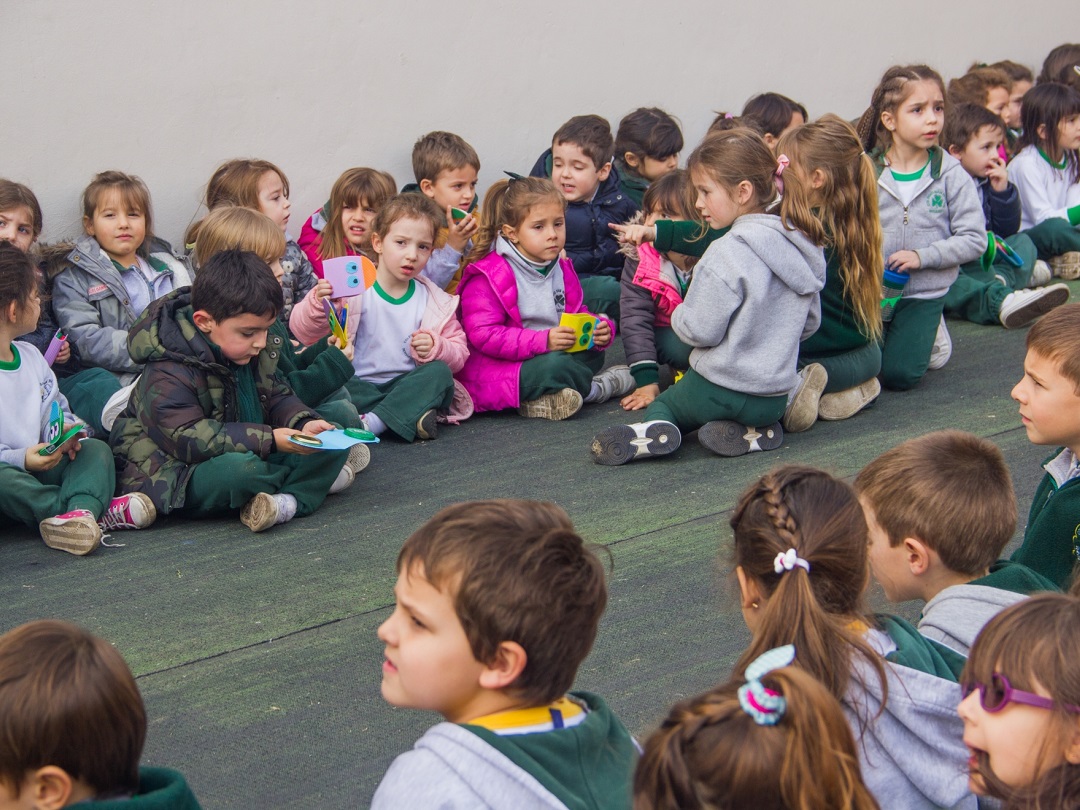
FESTEJO DÍA DEL NIÑO 2019
© 2022 - Saint Patrick's Catholic Association. All rights reserved.
